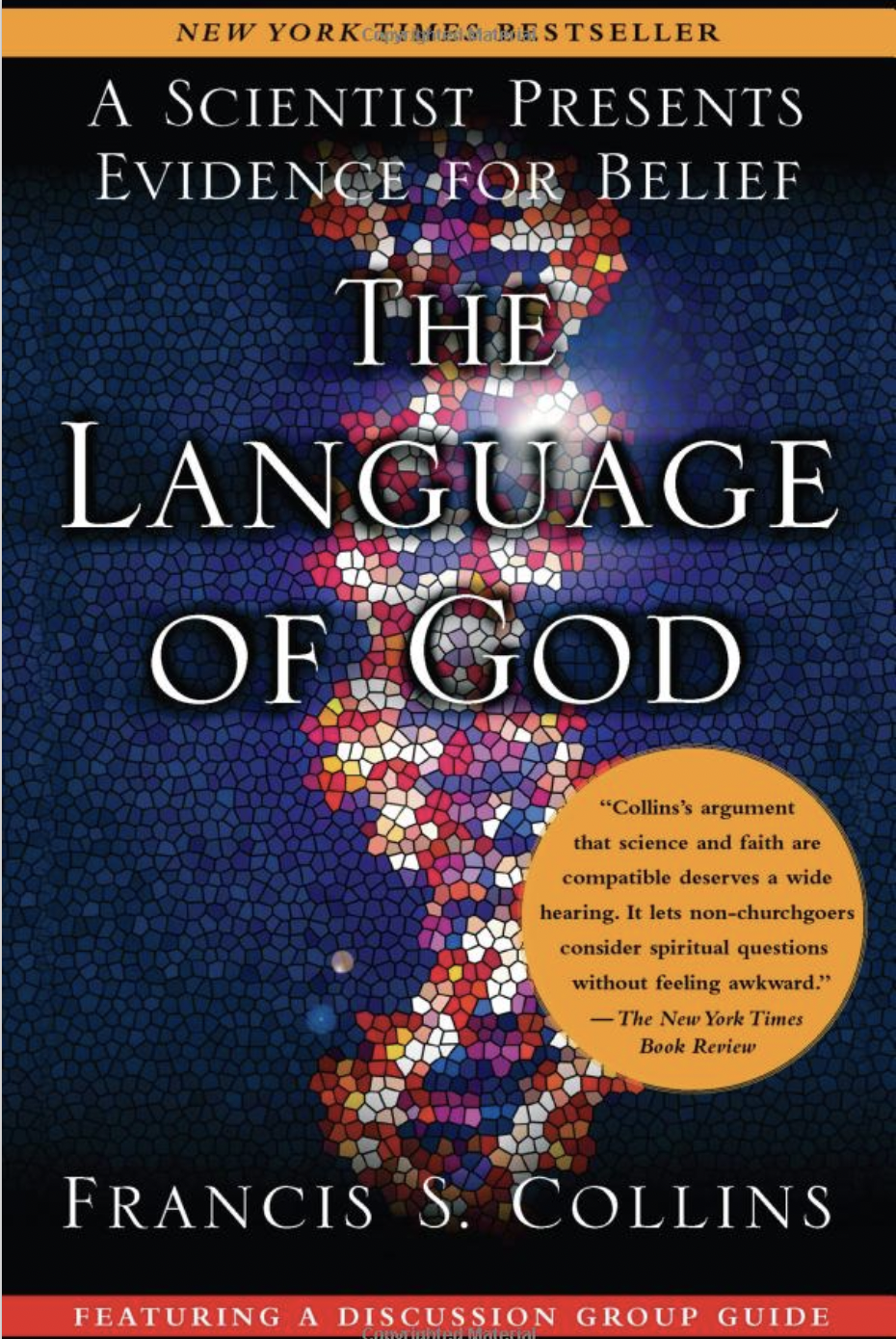The title of the book “The Language of God” was derived from the speech of former US President Bill Clinton to celebrate the successful mapping of the human genome. In this elegantly written book, Francis Collins, the leader of the Human Genome Project, describes his personal journey from an atheist to a believer and how he “came to be a believer in God who is unlimited by time or space”.Collins was not raised as a believer. He describes his childhood as one in which his parents were wary of the theology associated with the local church and warned him not to be affected by it. However, he notes that he often experienced moments of “longing for something outside myself” when encountering the “beauty of nature or a particularly profound musical experience”. In college, Collins found that he identified as an agnostic, choosing to adopt “willful blindness” viewing the religious faiths he encountered as having no “foundational truth”.

What appeared to be a pivotal moment in Collins' journey towards God was his immersion in the life sciences. Two years into his PhD program on theoretical quantum mechanics, he chose to take a biochemistry course to explore other disciplines. He says he was “astounded by the elegance of the human DNA code, and the multiple consequences of those rare careless moments of its copying mechanism”. Later, he describes the incredible sense of fulfillment he obtained from discovering the gene associated with Cystic Fibrosis and found the experience to be “made up more of spirit than of science”. Later, in medical school, Collins says that he was often struck by the spiritual steadfastness which some of his patients exhibited that seemed to provide them with a sense of peace despite the suffering they were experiencing. However, he still chose to ignore the “need to be answerable to a higher spiritual authority” and identified as an atheist. Seeking to confirm his atheism, he approached a local pastor who gave him a book on Christianity by the Oxford scholar C.S. Lewis. This led to a journey of spiritual awakening where he began to understand that belief in God was more rational than disbelief.
Regardless of one’s chosen monotheistic background, the intellectual arguments brought forth by Collins in this book are intensely engaging. He addresses many of the objections atheists have with religion, such the harm done in the name of religion and the dilemma of human suffering. On why harm is done in the name of religion, Collins poses the following question: “Would you judge Mozart’s The Magic Flute on the basis of a poorly rehearsed performance by fifth graders?”.
On human suffering, he asserts that the concept that God is found through adversity is a difficult one to accept by those who believe that God’s only desire is for us to be “perpetually happy” on Earth. Collins reminds us that that we learn more about ourselves when faced with challenges than when things are going smoothly.
The author shows how naturalistic explanations of God’s creations do not need to drive one away from God. On the contrary, he believes that the elegance and intricacies of the living world are evidence of God’s hand at work. Still, his arguments for the theory of evolution as a mechanism by which God created the universe can be unsettling for the average monotheistic believer.
This should not however take away from the general message of the book which is to show that if the existence of God is true, and if the scientific mechanisms in which the world was created were also true, then some type of harmony should be reached between the two.
More importantly, Collins sheds light on the threat of having to make the unnecessary and problematic choice that many young people in the world today are making between clinging to their childhood faith, that rejects scientific explanations of the natural world i.e. “intellectual suicide”, and disbelief.
In short, Collins manages to address the common objections raised by many who try to reconcile their religious beliefs with the rationality of science. As he so eloquently point out, the God of spiritual texts is the God of the human genome and He can be worshipped both in the religious temple and the laboratory.